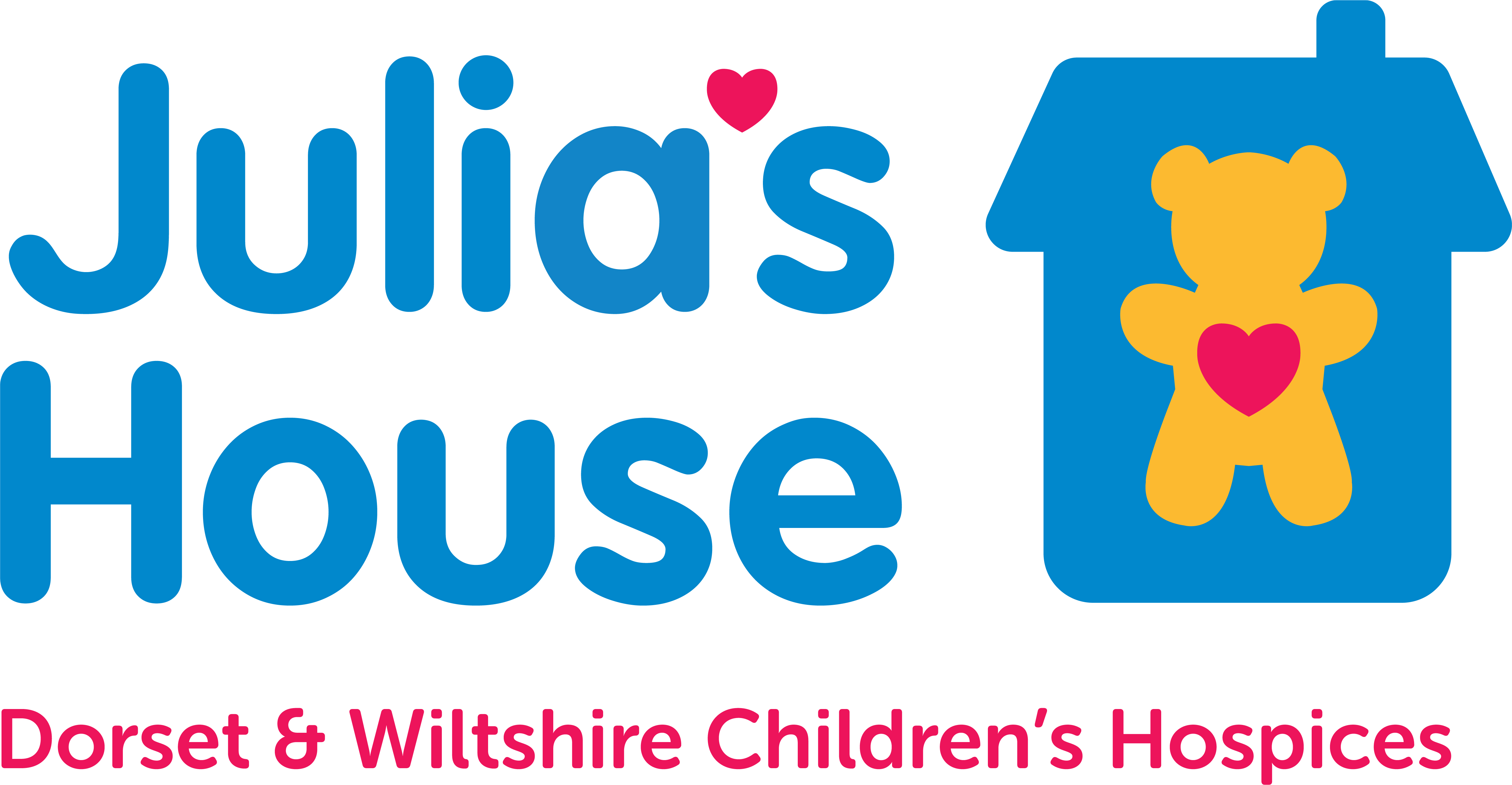Elisa’s dad Dan gave up his career to become her full-time carer after she was born with cerebral palsy. Here he talks about the impact this has had on his life…
When you give up work to care for your child you lose your status, the support and friendship of colleagues and your income. You become so isolated it’s like falling out of society – and once you are out it is really difficult to find your way back in.
I was trapped in a cycle of exhaustion and anxiety. Sleep is virtually impossible. You try not to think about it but you go to bed every night not knowing if your child will wake up in the morning.

I would go to work worrying about Elisa, having only managed two or three hours sleep and got to the point where I just could not carry on. It became impossible to balance work with my relationship, Elisa’s care and my mental wellbeing.
When your child has a life-threatening condition there is no peace of mind, no break from the sickening worry. It would be horrific for us if this service did not exist. With Julia’s House we always have that respite to look forward to, the hope of a bit of time to recover.
When Elisa’s nurse and carers come to our home it is our only chance to have a meal together as family, really simple everyday stuff like that – but it’s these little things that make the difference.
Without Julia’s House the heart would be ripped out of the care available to families like ours. Many families would be completely lost, cut adrift without a lifeline.
When you have a disabled child an awful lot of doors close - society judges you. You constantly have to explain what’s wrong with your child and people usually just give you a wide berth. I suppose they think they are being kind by giving us some space – it’s like an invisible shield around us.

It is hard enough going out anyway because of all the logistics: will there be changing facilities? Can we park close enough? What is the going like – sand, gravel? It is like planning a military operation. It is all too easy to just give up and not go anywhere because the thought of trying to organise everything becomes overwhelming – it’s a big part of that feeling of isolation.
Julia’s House is the entrance into a new world full of friendship. I find it astounding that we have to rely on charity for this support; when you think what it is bringing to families – and what it saves too.
If I had a breakdown and was unable to look after Elisa, if she had to be put in care and I needed medical support for my mental health, the financial burden on the government would be huge - just a small percentage of that cost could fund the care to stop it happening in the first place.
Above: Dan talks to Julia's House patron Martin Clunes and Chief Executive Martin Edwards about his experiences, and how local authorities could be doing more now to save costs in the long run
It is so short-sighted that funding is focused on being reactive, not pro-active. It is mental health fire-fighting and is never going to win. It makes so much more sense to avoid the crisis in the first place, to be there from the beginning, supporting families before they drown.
Knowing someone is there for you, your child, all of you, just makes the most unbelievable difference to the mental and physical wellbeing of the whole family.
Thank God we live somewhere where this care is not only available but also free. We would never be able to afford care like this. If it hadn’t been for Julia’s House we would have had nowhere to turn.
Join our #GiveMeABreak campaign
New research conducted for Julia’s House, and Together for Short Lives, shows the crucial benefits that short respite breaks have for seriously ill children like Elsa and her family.
We're calling for Government action on the funding gap in respite care services for disabled children, as new report is published.

